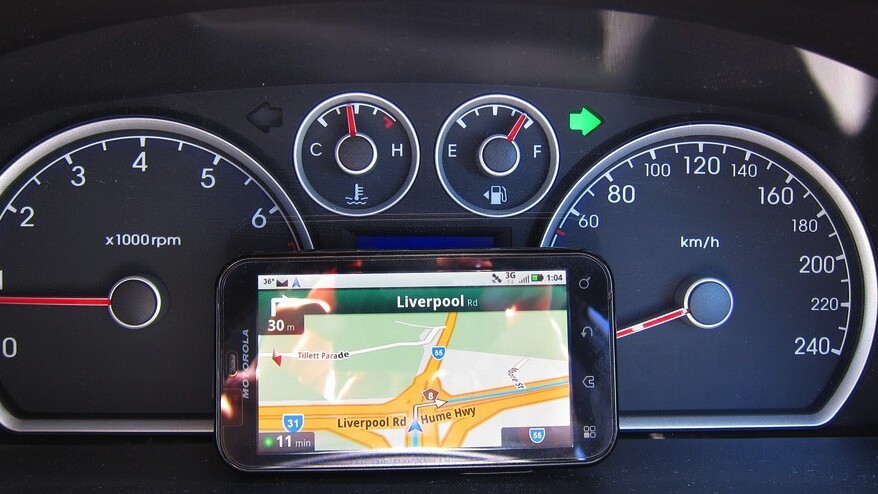
A team of researchers at Universidad Carlos III de Madrid (UC3M) have pioneered a new system capable of increasing the accuracy of conventional GPS devices by as much as 90 percent, and would be able to be installed in a car or a smartphone for very little cost.
Posting its findings on the UC3M website (via BBC News), the team explains that it has been able to improve GPS precision by combining readings from a number of different sensors — which include incorporating a GPS signal with accelerometers and gyroscopes — to reduce the margin of error and offer location improvements of between 50 and 90 percent.
In a real world environment, this could mean that the traditional margin of error found in cars or dedicated satellite navigation devices — as much as 15 meters in rural areas and ranging up to 50 meters in urban areas — could be reduced to as little as 2 meters, regardless of location, population, building density or even interference from tunnels.
“Future applications that will benefit from the technology that we are currently working on will include cooperative driving, automatic manoeuvres for the safety of pedestrians, autonomous vehicles or cooperative collision warning systems,” the researchers said.
Tests have proved successful on the university’s intelligent car — named IVVI (Intelligent Vehicle based on Visual Information) — but the scientists are already looking into developing a system that will make use of the sensors already built into smartphones, which could better identify a person’s location, with little cost to manufacturers.
Get the TNW newsletter
Get the most important tech news in your inbox each week.




